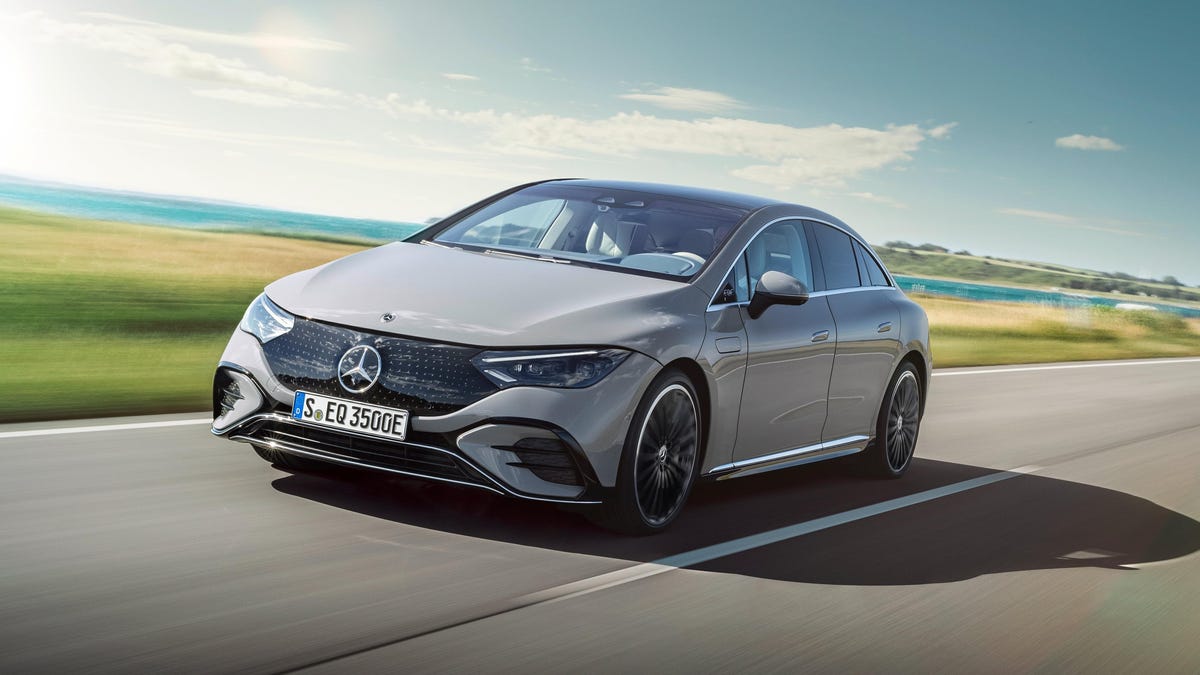The depreciation of electric vehicles is far steeper than data showed just last year. EVs can now lose up to half their value over a single year, based on recent observations. This is a sharp shift from when electric cars were projected in December 2023 to lose half their value in three years. However, the factors causing plummeting values might be good for drivers down the road.
Wired examined the current EV depreciation trend in the U.K. and U.S. markets. Some models were noted as being worse at holding their value than others. In Britain, the Ford Mustang Mach-E and the Polestar 2 lost 52 percent of their sticker price in 12 months compared to their trade-in value. The Tesla Model 3 faired better, only losing 45 percent over 12 months and 10,000 miles.
However, the worst vehicle was the Mercedes EQE. The electric sedan lost almost 50 percent of its value in only 12 weeks, depreciating at a rate of $615 per day. Wired laid out all the reasons why depreciation is so high across the market:
Factor in the even higher costs of electric cars and their optional extras, plus the omnipresent concerns of EV range and charging infrastructure—then look at how quickly EVs are improving with every facelift, with new models gaining extra range, performance, and charging speed over their predecessors—and soft residuals are bound to occur.
Consider too how many of the EVs grabbing depreciation headlines right now are examples of first-generation technology. The Porsche Taycan, Audi e-tron, and Mercedes EQ families are all first attempts by legacy manufacturers caught napping by Tesla and, more recently, by a slew of low-cost, state-backed upstarts from China. They are the original, non-3G iPhones of their day and are now already being replaced by facelifted versions that go much farther and charge more quickly.
The reasoning makes sense. EVs are becoming more advanced with each new model and, most importantly, getting more range. Also, new entry-level electric cars are steadily becoming cheaper over time. The cars currently on the road are going to depreciate based on the market, not the sky-high prices they were initially sold for.

